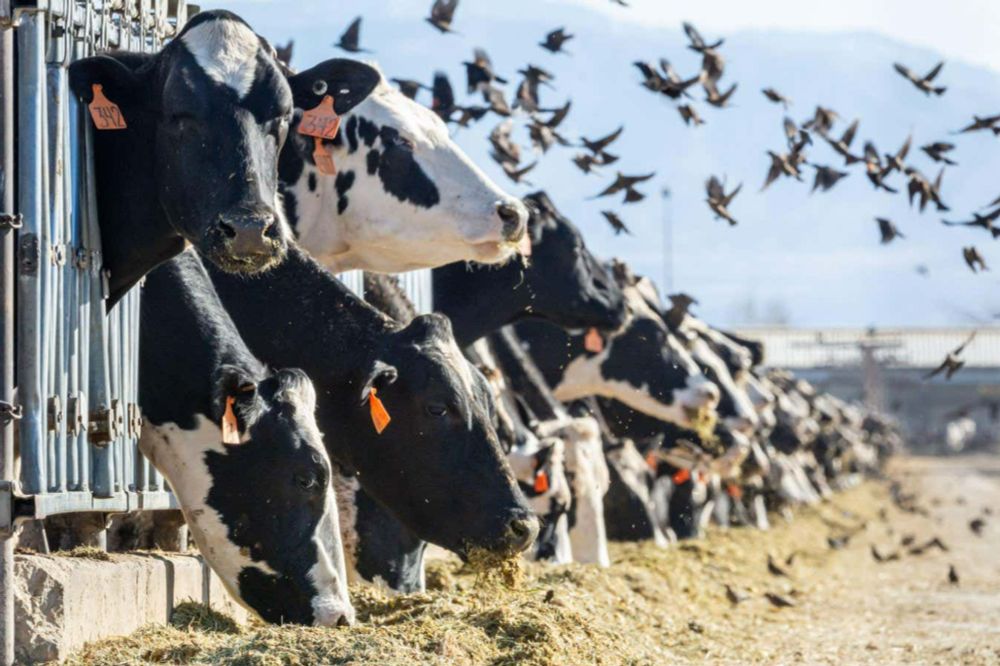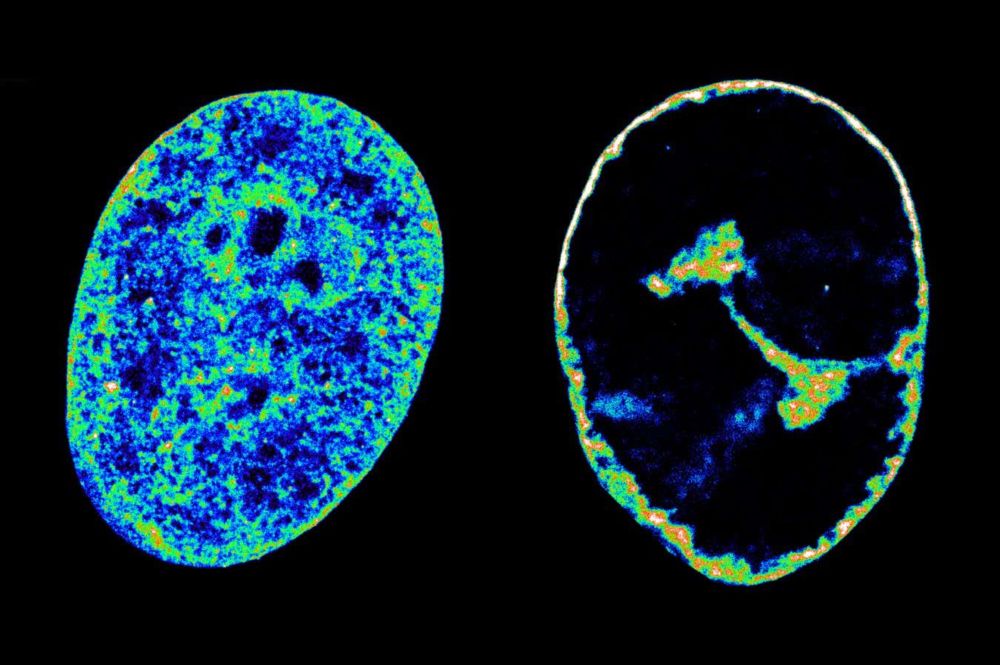
Email: carissa.wong#newscientist.com
She/Her 🏳🌈

My latest cover story looks at how it could be a secret ingredient in treating some major health conditions from Alzheimer's disease to cancer.
www.newscientist.com/article/2499...
The approach could potentially help to clear toxic proteins linked to brain conditions like Alzheimer's disease.
www.newscientist.com/article/2503...

The approach could potentially help to clear toxic proteins linked to brain conditions like Alzheimer's disease.
www.newscientist.com/article/2503...
www.newscientist.com/article/2502...

www.newscientist.com/article/2502...
www.newscientist.com/article/2501...

www.newscientist.com/article/2501...
My latest cover story looks at how it could be a secret ingredient in treating some major health conditions from Alzheimer's disease to cancer.
www.newscientist.com/article/2499...

My latest cover story looks at how it could be a secret ingredient in treating some major health conditions from Alzheimer's disease to cancer.
www.newscientist.com/article/2499...

www.newscientist.com/article/2499...

www.newscientist.com/article/2499...
www.newscientist.com/article/2499...

www.newscientist.com/article/2499...
www.newscientist.com/article/2498...

www.newscientist.com/article/2498...
www.newscientist.com/article/2496...

www.newscientist.com/article/2496...
www.newscientist.com/article/2496...

www.newscientist.com/article/2496...
www.newscientist.com/article/2494...

www.newscientist.com/article/2494...
www.newscientist.com/article/2495...

www.newscientist.com/article/2495...
www.newscientist.com/article/2494...

www.newscientist.com/article/2494...
www.newscientist.com/article/2492...

www.newscientist.com/article/2492...
www.newscientist.com/article/2492...

www.newscientist.com/article/2492...
www.newscientist.com/article/2490...

www.newscientist.com/article/2490...
www.newscientist.com/article/2489...

www.newscientist.com/article/2489...
www.newscientist.com/article/2486...

www.newscientist.com/article/2486...
www.newscientist.com/article/2486...

www.newscientist.com/article/2486...
www.newscientist.com/article/2485...

www.newscientist.com/article/2485...


www.newscientist.com/article/2485...

www.newscientist.com/article/2485...
www.newscientist.com/article/2485...

www.newscientist.com/article/2485...
Read @newscientist.com.
www.newscientist.com/article/2484...

Read @newscientist.com.
www.newscientist.com/article/2484...

